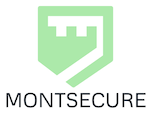
FUSE5G
Forum for Uniting Security Experts in 5G
25.03.2026, Eindhoven, NL
Program
| 10:00 | Opening - Savio Sciancalepore | |
|---|---|---|
| 10:05 | Introduce of Event & Keynote - Richard Kerkdijk | |
| 10:10 | Cathal McDaid, VP Technology at ENEA/AdaptiveMobile | |
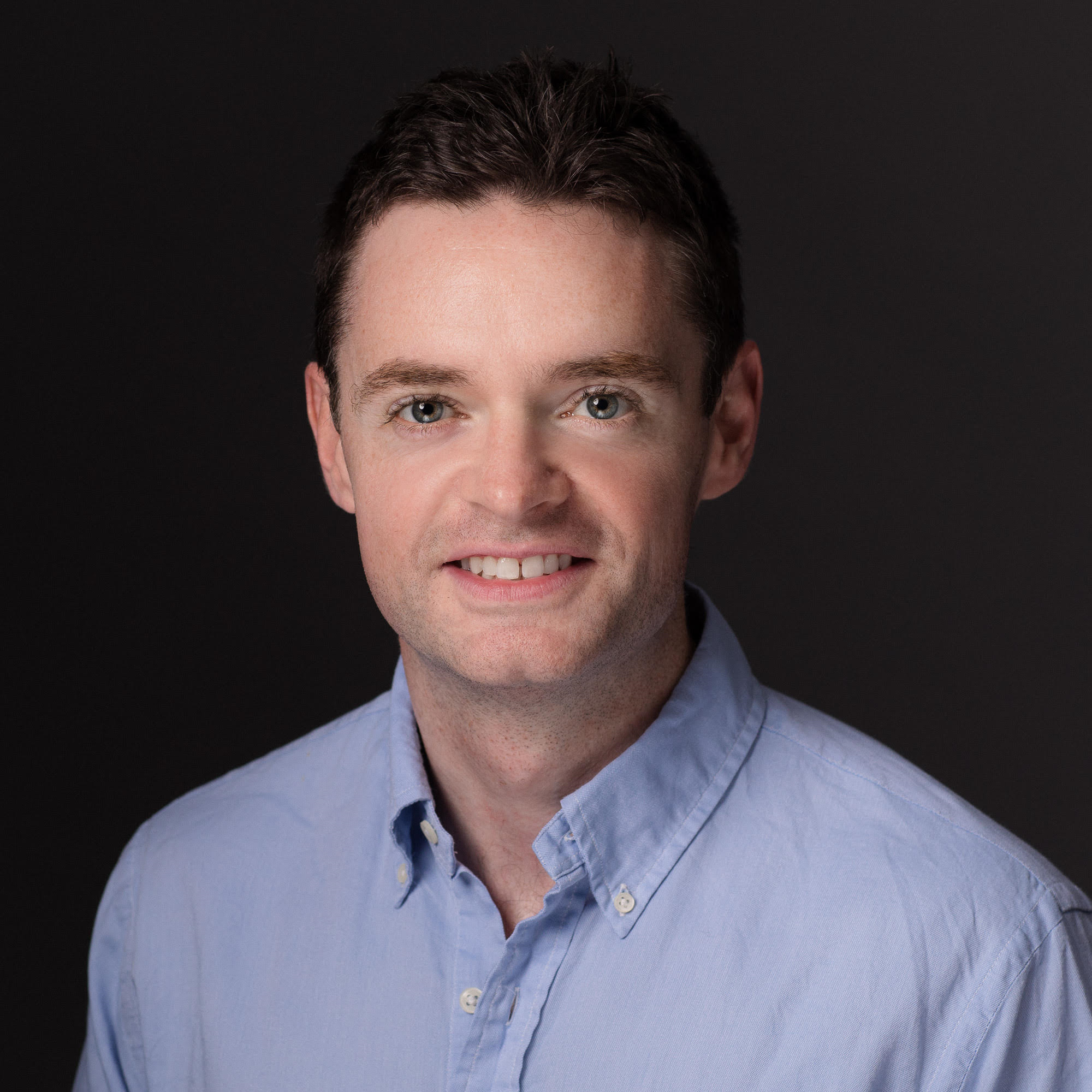
|
Keynote - Tales of the unexpected: Directions to the Future of Telecom SecurityWhen identifying areas of focus for 5G security, there is a tendency to look at standards and known threats. However, telecom networks don't exist in a bubble, and when designing telecom network security, we must consider the global trends in society driving the threats to those networks. This is especially important in an era of rapid geopolitical developments and technological breakthroughs. In this presentation we will cover two of the biggest areas impacting 5G (and telecom) security today – Critical National Infrastructure and AI. In both cases we will outline how previously unexpected events in these areas have led to new uses, and new threats, for mobile networks. We will also cover recommendations to help safely navigate the future of security in telecom networks. Join me as we discuss how often the true threats won't be found in a road-map , they'll be found in real-life. |
|
| 11:00 | Introduce Poster Session | |
| 11:05 | Coffee Break and Poster Session | |
| 11:30 | Alexandre d'Oliveira; Lead Telecom Security & Fraud Post Luxembourg | |
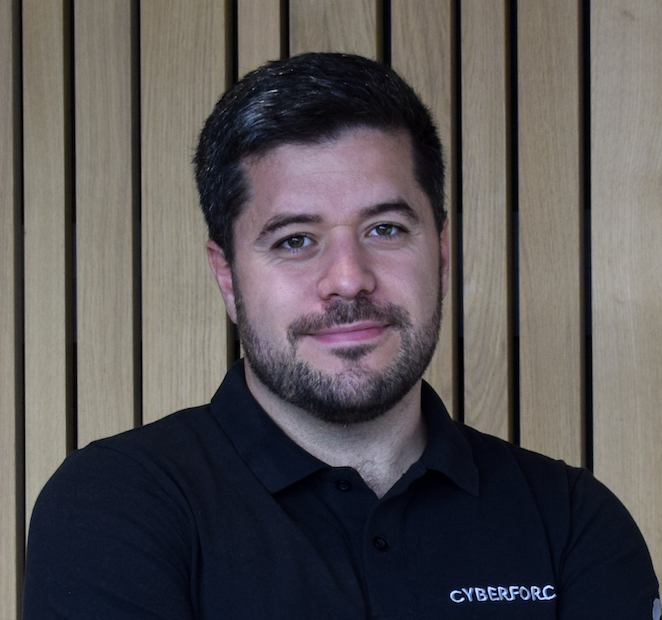
|
A personal Telco Security RetrospectiveAbstract coming soon. |
|
| 12:00 | Paweł Dobrzański; CSO/ Security Tribe Lead at T-Mobile Poland | |

|
Frontline Connectivity: The Strategic Role of Polish Telcos in the Face of the War in UkraineThis presentation explores the critical role of Polish telecommunications operators as a strategic hub supporting Ukraine and Poland's national security during an active armed conflict. I will discuss the practical aspects of cooperating with special forces to counter sabotage, as well as the challenges posed by Russian drone incursions and hybrid warfare. The session will also highlight lessons learned from Ukrainian blackouts, which are driving the development of critical infrastructure resilience on an unprecedented scale. Finally, I will demonstrate the evolution of the telco sector as it transforms into a military-grade asset while maintaining essential connectivity for millions of people. |
|
| 12:30 | Lunch Break and Poster Session | |
| 13:30 | Giuseppe Bianchi; Full Professor at CNIT/University of Rome "Tor Vergata" | |
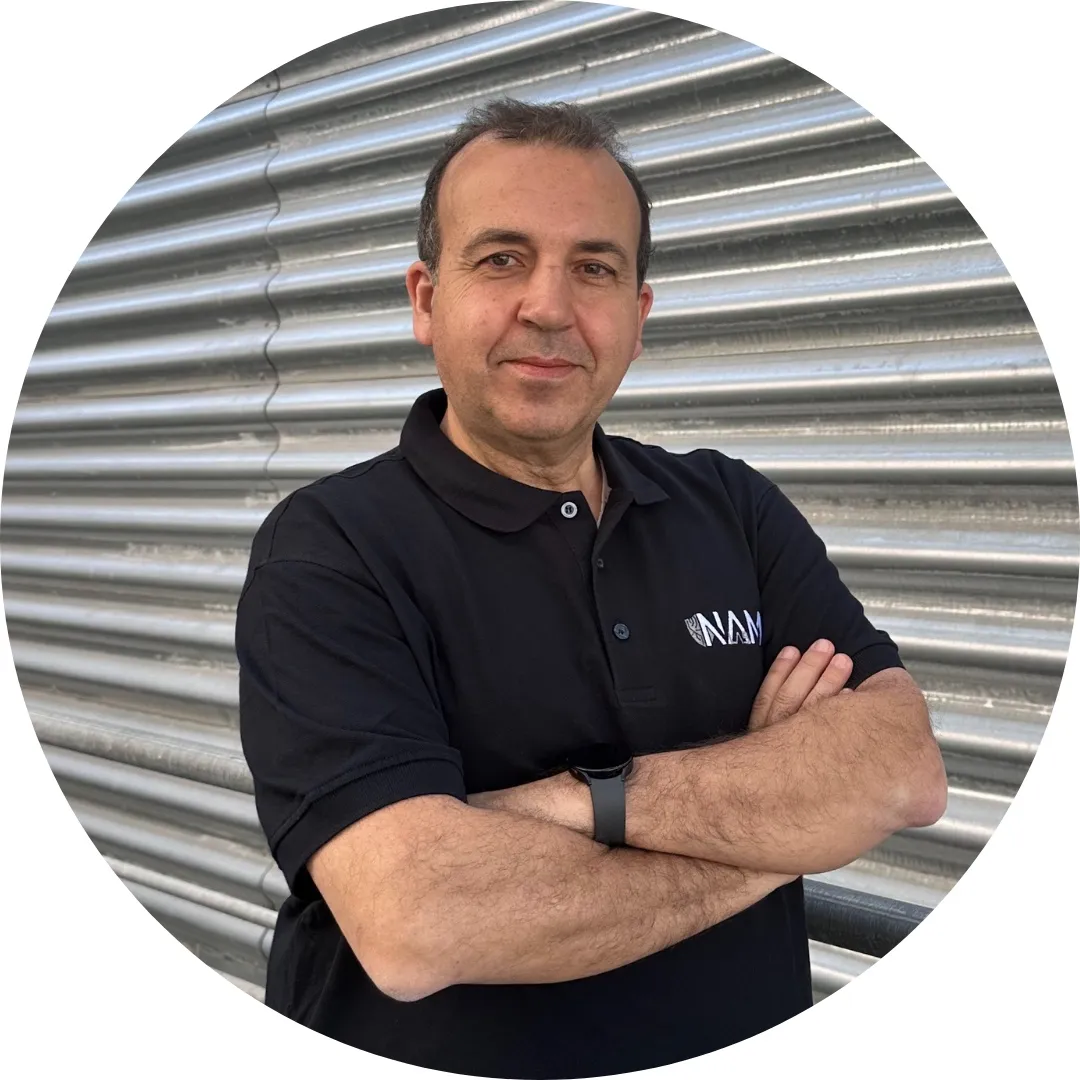
|
On Identity Exposure and Passive Signal Inference in 5G NetworksThe talk explores emerging identity disclosure mechanisms that preserve established security contexts and avoid observable service disruption, alongside advanced approaches for passive analysis of the 5G New Radio air interface. By leveraging structural properties of control and reference signals, these techniques enable efficient over-the-air observation with potential implications for user traceability, localization, and contextual privacy. |
|
| 14:00 | Pawani Porambage; Senior Scientist at VTT Technical Research Centre of Finland | |
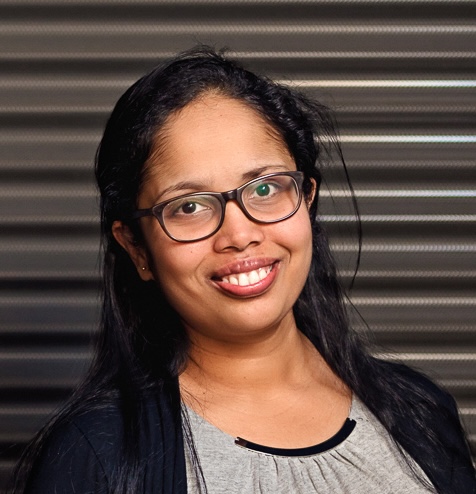
|
Timely Updates on 6G Security Research and the Role of Security in Era of AI-RANThe first half of the talk will provide an overview on 6G security research and future directions at both European and Global levels. The second half will focus on the role of security research with the wide adaptation of AI in the Radio Access Networks. This segment will share insights on new research directions and introduce challenges as the attack surface evolves due to the architectural and functional changes envisioned with AI-RAN. |
|
| 14:30 | Coffee Break and Poster Session | |
| 15:00 | Panel Discussion | |
|
A panel of experts will discuss current topics in the context of 5G security and the potential of further community collaboration. |
||
| 16:00 | Wrap up | |
| Drinks | ||
Registration
The program sounds interesting? Great! You can register for the event using the registration form. In case of any questions, reach out to us via projectoffice at tno.nl
Travel and Accommodation
Address
De Zwarte Doos
Den Dolech 2
5612 AV Eindhoven, The Netherlands
Arrival via car
You can plan your route using Google Maps.
Accommodation
There are different options for accommodation around Eindhoven. The following provides several recommended hotels in the city, and you can find more options online.
Program Committee

Frank Fransen
Frank is a senior scientist in the cyber security technologies department at TNO. He is involved in national and EU research projects on automation of SOC & CSIRT operations, and in consultancy on a.o. security of mobile networks.

Richard Kerkdijk
Richard is a senior consultant in cyber security technologies at TNO. His role in the telco industry involves strategic (CISO oriented) advisory work and the coordination of TNO’s annual telco security benchmark. He also co-chairs the European Telecommunications ISAC.
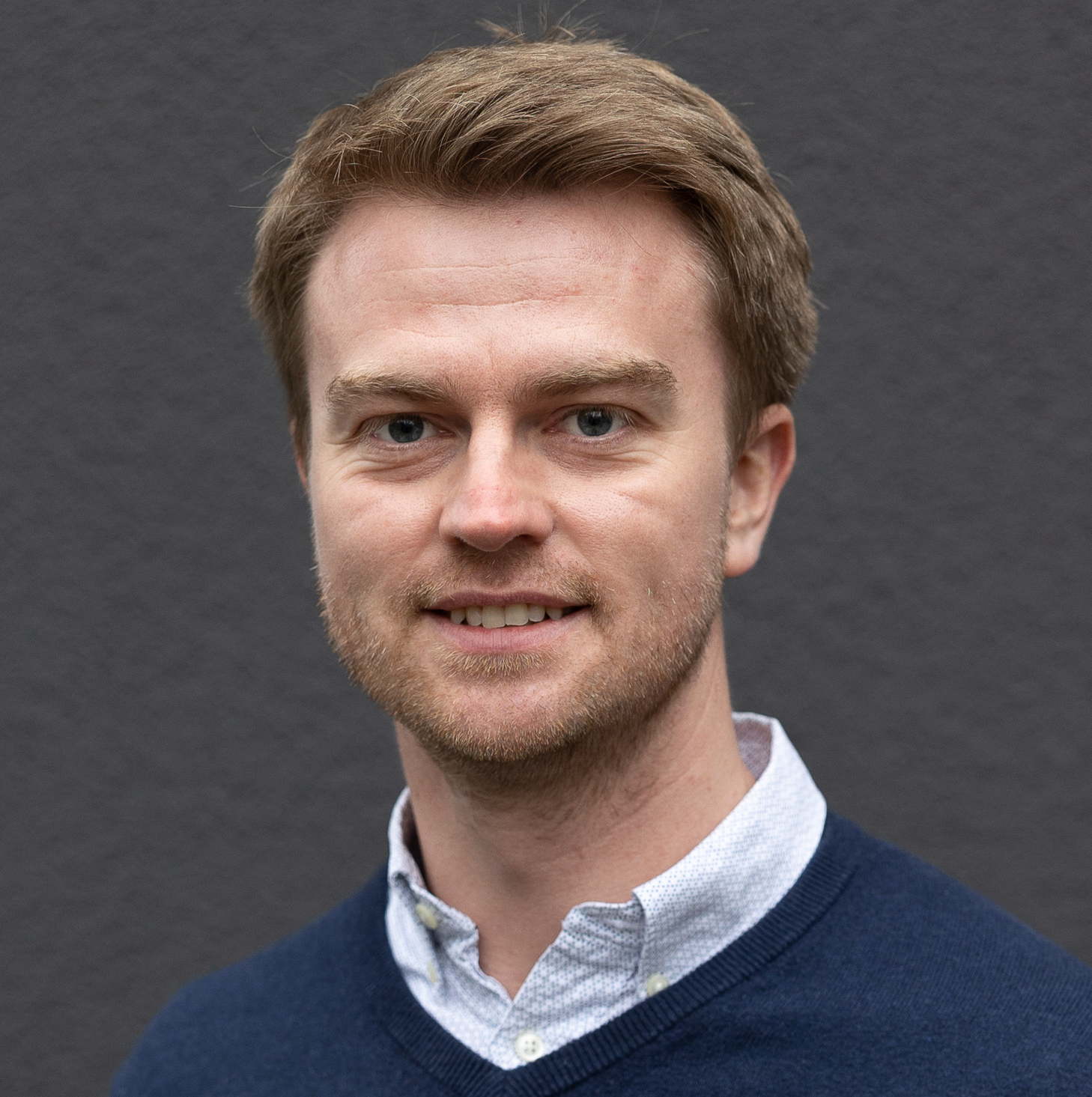
David Rupprecht
David is a mobile network security expert has contributed significantly to 4G and 5G security research, with 7 GSMA Coordinated Vulnerability Disclosures that have shaped mobile network standards. He founded Montsecure, a company dedicated to making mobile network security accessible.
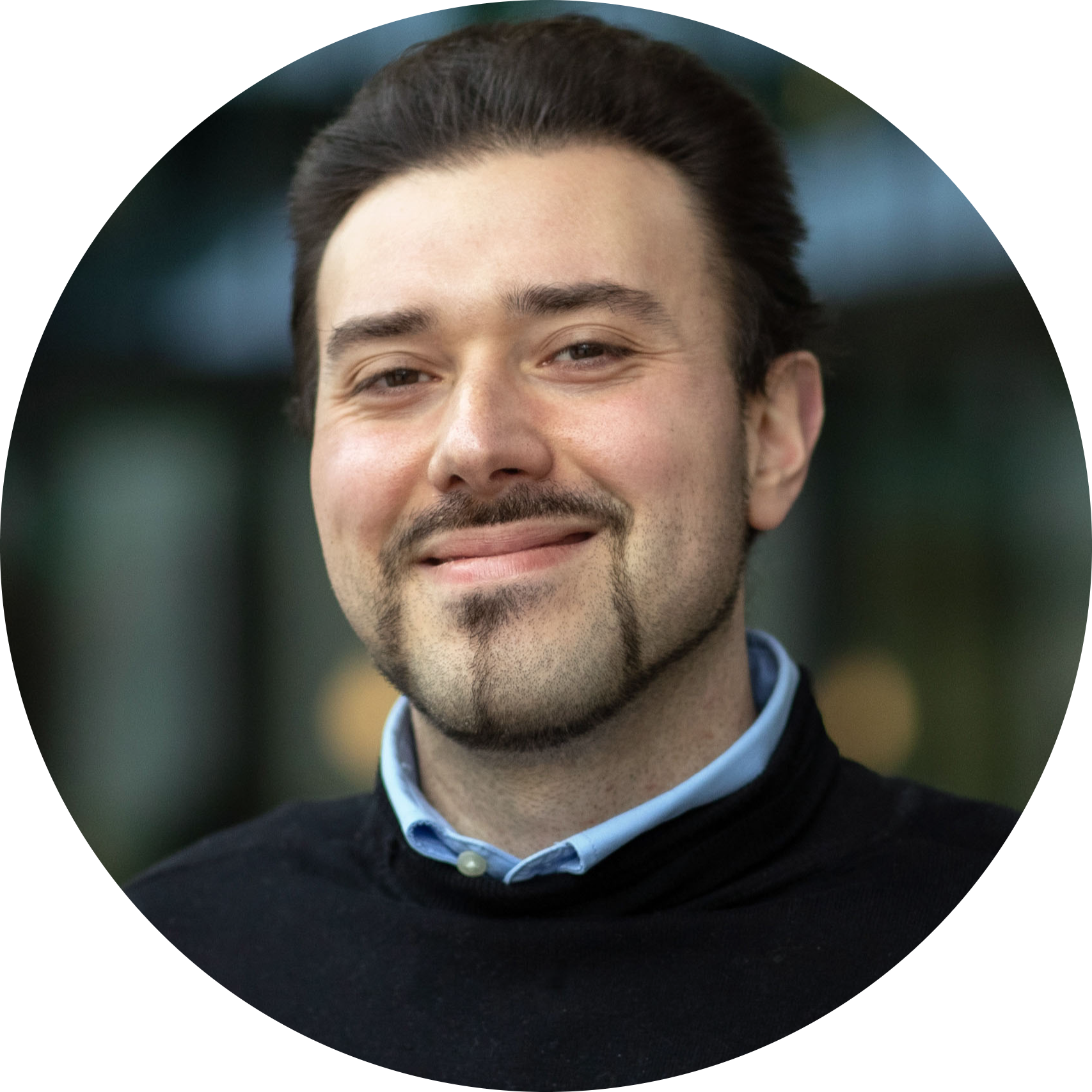
Savio Sciancalepore
Savio Sciancalepore is Assistant Professor in Wireless and IoT Security at TU Eindhoven, Netherlands. His major research interests include applied network security and privacy issues in Wireless, Mobile and Internet of Things networks.
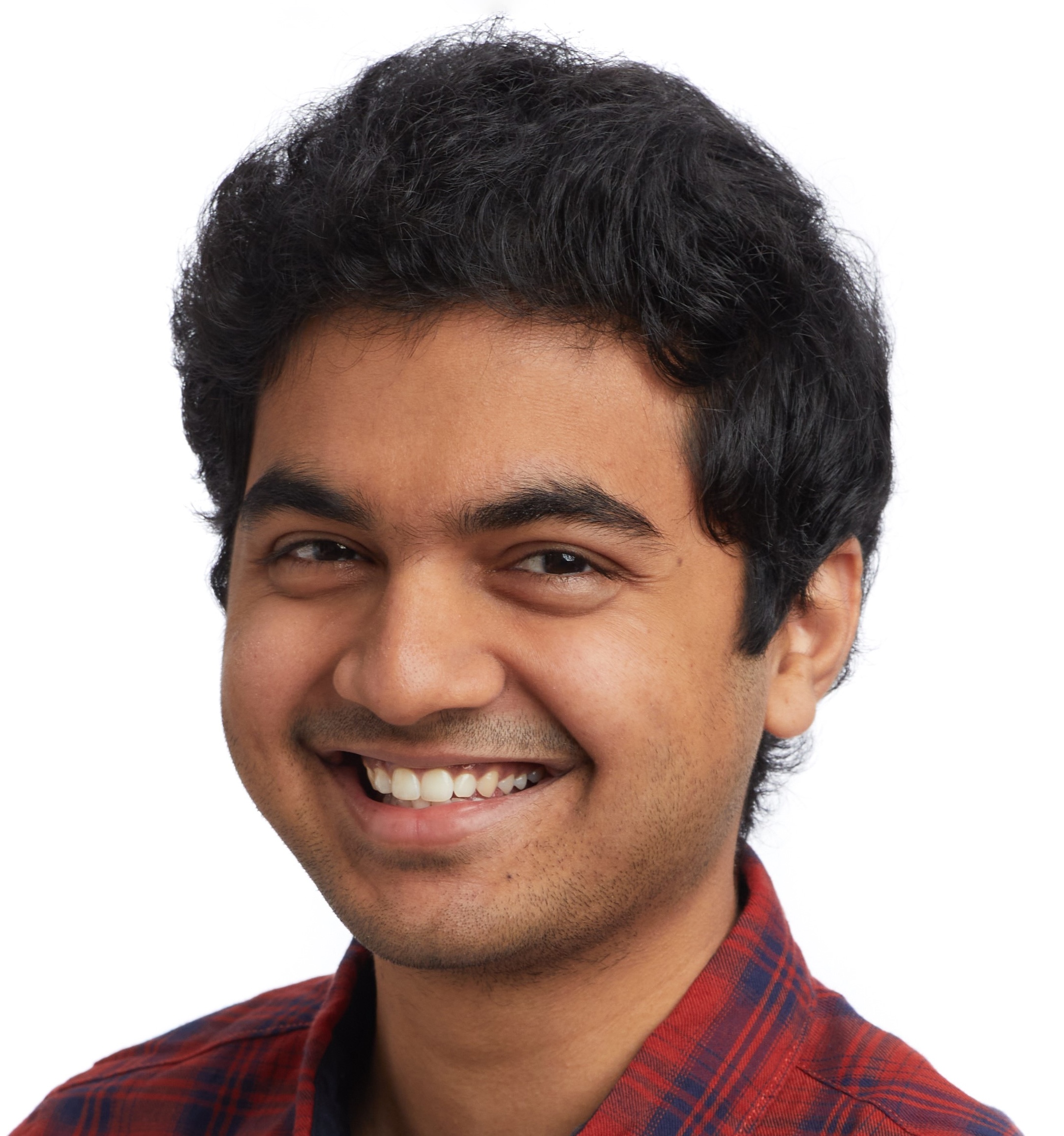
Sandesh Manganahalli Jayaprakash
Sandesh Manganahalli Jayaprakash is a research scientist at TNO specializing in secure network architectures for 5G and 6G systems. He has led European and national R&D initiatives on 5G and 6G network security and contributes to 3GPP standardization, representing KPN in the SA3 security group.
